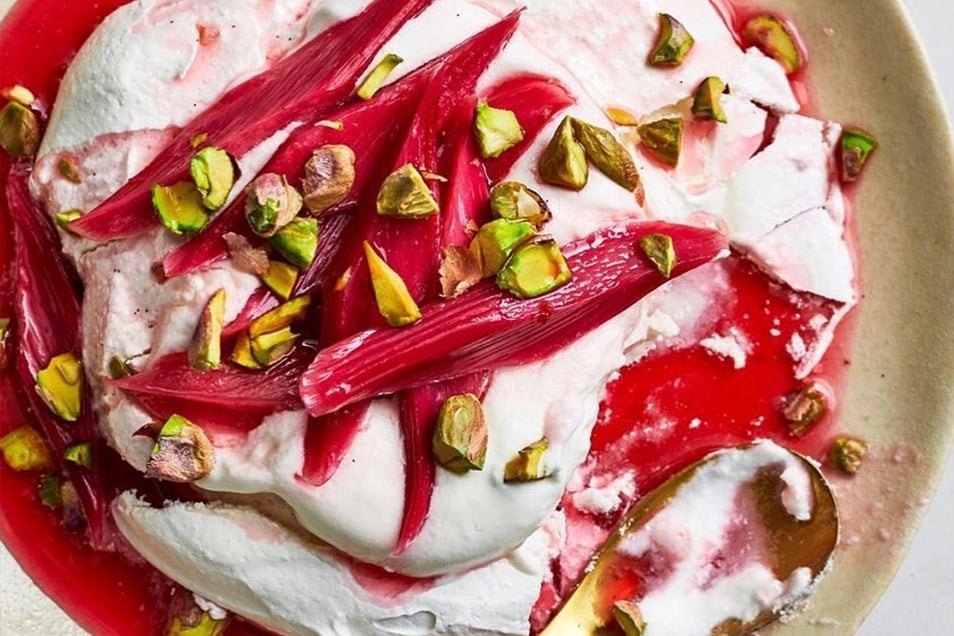
The beauty world is no stranger to fads, but the latest skincare craze might just be the most unusual yet. Beef tallow has taken over TikTok in recent months, with several dubbing the ingredient a miracle skin salve. But is it really all it’s cracked up to be? Below, we’re unpacking the animal fat derivative taking over everyone’s FYP.
What actually is beef tallow?
First thing's first, tallow is made from animal fat which is rendered (or cooked down) into a purer form. Tallow itself is not a new innovation: it’s been used in cooking for centuries, and medicinally by the ancient Egyptians, Romans and Greeks. But recently, the unassuming ingredient has hit mainstream media – and countless bathroom cabinets – with claims that its nutrient-rich profile could have groundbreaking benefits for our skin barrier. First, it scored an endorsement from the ultra-rich Abby Windbury on Netflix’s The Perfect Couple. Then, trad-wife Nara Smith gave it her tick of approval, even taking to TikTok to share her method for a home-made batch.
View this post on Instagram
What makes beef tallow so good?
According to the Mayo Clinic, it’s beef tallow’s vast vitamin profile that sets it apart. If you can get your hands on a 100% grass-fed variety, beef tallow contains a variety of fat-soluble vitamins, like A, D, E, and K, which are essential to various bodily functions.
Additionally, beef tallow is rich in saturated, monounsaturated and polyunsaturated fats and, according to the Mayo Clinic, has a composition similar to that of our skin, which is what makes it an effective moisturiser.
What skin types benefit most from beef tallow?
Speaking to The Sydney Morning Herald, Sydney-based GP and cosmetic doctor Dr Prasanthi Purusothaman said tallow functions as an occlusive moisturiser: the kind that works by trapping moisture into the skin thanks to its rich consistency. Products like these work best on very dry and compromised skin. For those with oilier complexions, occlusive moisturisers can lead to breakouts and clogged pores.
Who shouldn't use beef tallow?
Echoing Purusothaman's perspective, dermal clinician Jayde Taylor warned those with acne-prone skin against dabbling in beef tallow. "If something feels thick, occlusive, and greasy, it is not indicated for acne," she shared on Instagram. "Acne is an over-production of oil." Taylor also made a case against attempting to make your own beef tallow at home, over concerns that, if not stored correctly, it could go rancid and actually harm the complexion, especially if you're dealing with broken skin. Instead, there's a growing range of properly-manufactured products available for purchase.
Feature image: Instagram, IMDb



